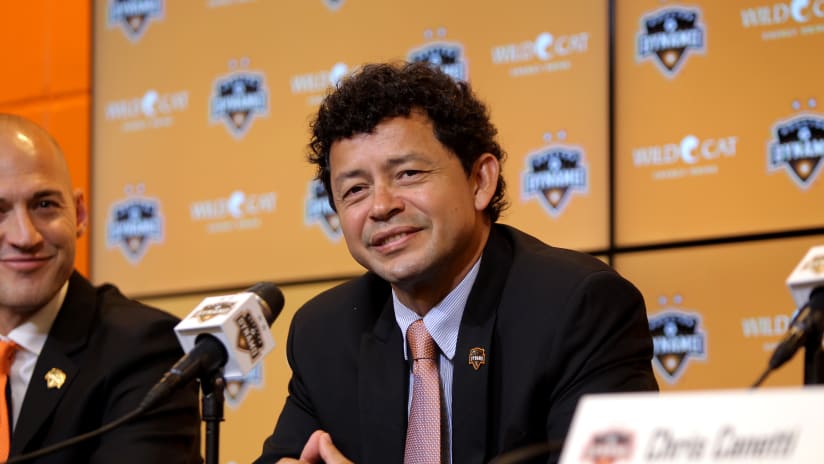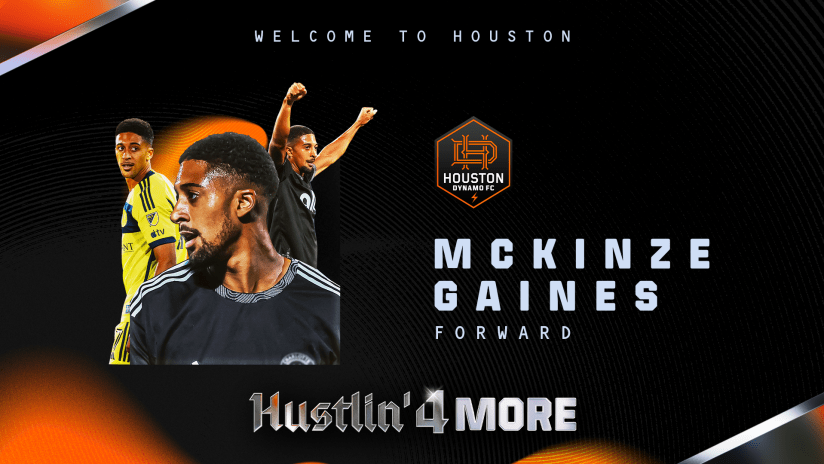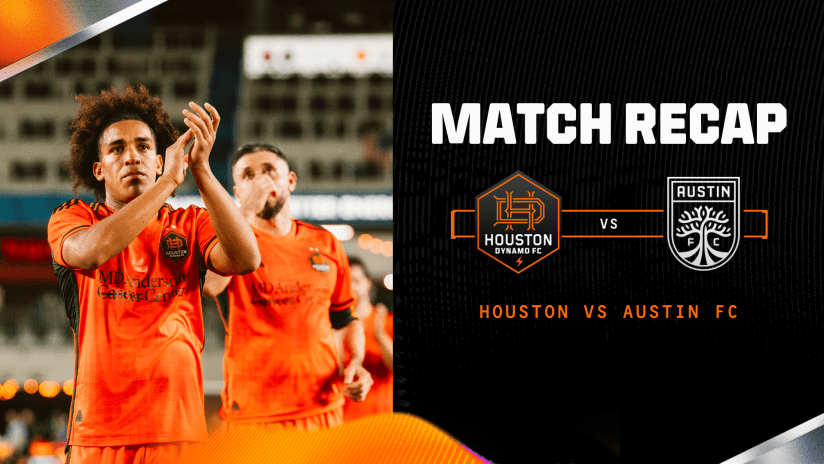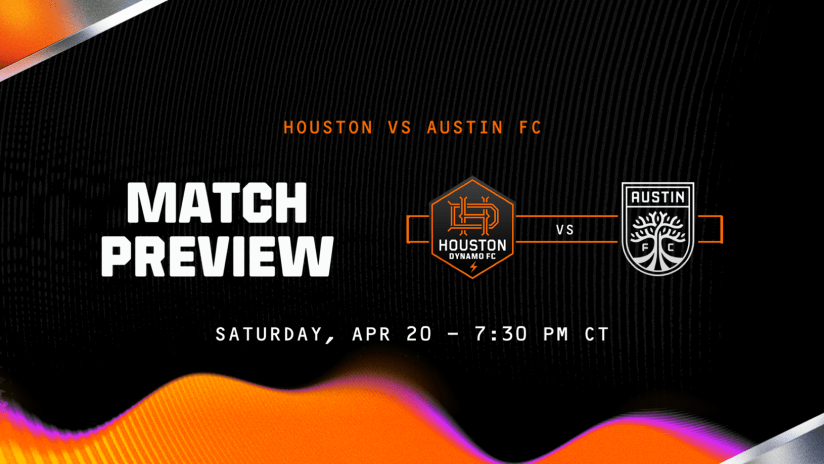“I like to take risks,” Wilmer Cabrera says, explaining his philosophy on soccer and on life in general.
It’s an ambitious approach that has taken him from the northern coast of his native Colombia to Argentina, Costa Rica, the east and west coasts of the United States—and now, with his appointment as head coach of the Dynamo, the Gulf coast, too.
But Cabrera wants to be clear: when he’s talking about risk, he means calculated risk. Ambition within a framework. Understanding the limits that you’re pushing. Being fearless but not reckless; daring, but not dumb.
It’s a style he aims to impart on his new charges as preparation begins for the 2017 MLS campaign, with the Dynamo focused on changing their fortunes after a difficult couple of years.
'Copters to Coaching
Despite a highly successful playing career in South America, Cabrera did not move to the U.S. in 2004 expecting to continue working in soccer. Instead, he came to get licensed as a helicopter pilot.
“I wanted to do something different from playing soccer when I retired, something different that I hadn’t done,” he told HoustonDynamo.com on Friday shortly before he was unveiled to the media.
“I wasn’t driven to come to the United States to play soccer or to work in soccer, I was driven more to work as a helicopter pilot,” he said. “I saw the opportunity being in New York to try to get involved in that, that was the objective. But destiny was different for me. While I was getting my license and everything, documentation, I needed to work doing something so I spent time doing some coaching and practicing with little kids, little clubs. I started to get involved, learn the language.”
Soccer sucked him in again and as he built his network in New York, opportunities to work in the sport cropped up, keeping his piloting ambitions grounded once he’d qualified in the U.S.
Still, he finds a parallel between his roles on the field and in the air. “I am a person who likes to take risks but safety is first. Balance, that’s my lifestyle. I like to take risks but I have to have balance,” he said. “That’s why I loved to be a helicopter pilot, because you need to understand you’re taking a risk every time you fly, but your life is on the line so you have to be ‘safety first’. That’s the way I see the game.”
A Soccer Life
The former defender won 48 caps for his country over almost a decade, scoring three times. An unused roster member in the 1990 World Cup, eight years later he appeared in three games at the tournament in France.
Hailing from the port city of Cartagena, he played for some of the continent’s biggest clubs, including the Colombian sides Independiente Santa Fe and América de Cali and Independiente in Argentina, then spent the tail-end of his playing career with Herediano in Costa Rica.
Cabrera missed the 1994 tournament in the U.S. through injury but he made it Stateside for the long-term nine years later when he signed for the Long Island Rough Riders of the United Soccer League and worked as a youth coach in New York. Then he assumed the role of Manager of Fan Development at Major League Soccer and set about growing the grassroots game.
Cabrera became head coach of the U.S. men’s under-17 team in 2007 and continued in the role for five years. Then came two years working under his fellow Colombian international, Oscar Pareja—now in charge at FC Dallas—as an assistant coach with the Colorado Rapids. In 2014 he became an MLS head coach, walking into a difficult situation yet winning plaudits at Chivas USA, which was dissolved at the end of his sole season in charge.
“It was very good for me and helped me to create a concept of how to work on soccer,” Cabrera said of his time in Colorado. “Soccer is not just a game; it’s a game that needs to be organized, that needs to be understood by the players. Each action has a consequence.”
Cabrera was named head coach of the Dynamo’s USL affiliate, Rio Grande Valley FC, last December. The club’s first year was a notable success: they finished second in the Western Conference but bowed out of the playoffs at the first hurdle with a last-gasp loss to OKC Energy FC.
A diverse roster quickly gelled, playing an attacking, possession-oriented and well-organized brand of soccer that Cabrera will now look to bring to Houston. In a phrase, perhaps, it could be termed “possession with a purpose”. It’s about balance—that word again—both in weighing when to defend and when to attack, and how a team plays as a unit while allowing talented individuals to express themselves creatively.
“To be professional you have to understand all these factors. When you understand or when you know how to teach these, the game is going to be more fluent and you’re going to play with more confidence,” he said.
Never Stop Learning
In discussing the rationale for appointing the 49-year-old, Dynamo president Chris Canetti told reporters that the club was impressed by Cabrera’s pedigree both domestically and internationally. “First and foremost we looked at the level of experience, for someone that was a teacher of the game,” said vice-president/general manager Matt Jordan. “He’s worked at every level of soccer in North America.”
While he’s developed young players for much of his coaching career, Cabrera emphasized that no one is ever too old to continue his or her education. “If you’re not willing to learn as a player, you’re done. You have something to learn every day,” he said.
“As a coach I have something to learn every dray from my staff members, from my players, from the situation, from life itself—the environment where I live. We have to be open to learn. When’s it going to stop? The day I die, it’s going to stop. That’s my open mind, I always want to be open to learn something because if you learn something, you move with the world, and the world is changing every day.” Now begins a challenge he clearly relishes: changing the Dynamo for the better.





